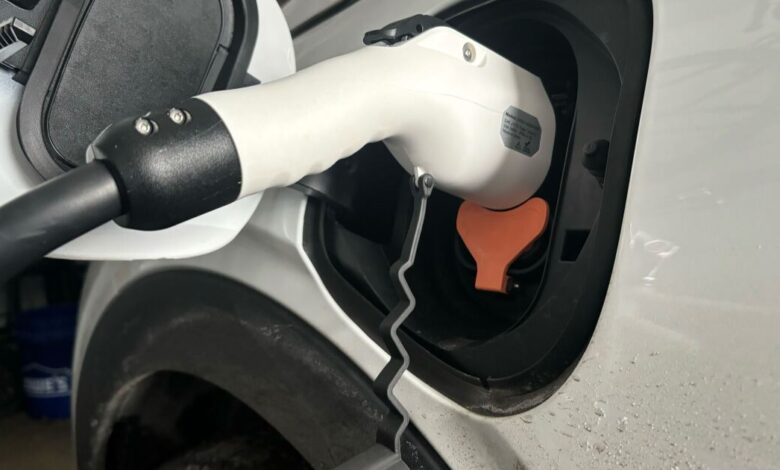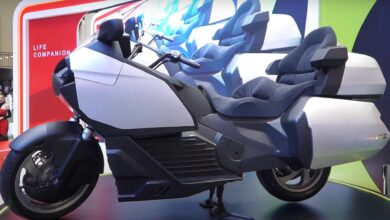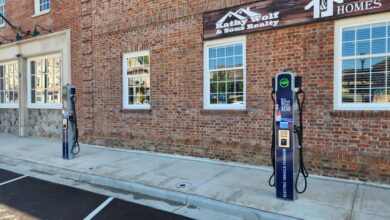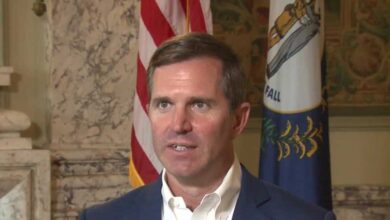EV fee legislation encounters bumps in the road in Vermont House

As the legislative session enters its final weeks, the House and the Senate are divided over a plan to impose fees on the owners of electric vehicles.
In recent years, revenues from the state’s gas and diesel tax have declined as Vermonters adopt more fuel efficient cars, which means the state has less money to maintain its transportation infrastructure.
So lawmakers are deciding whether electric vehicle owners should also contribute to that funding stream.
The Senate is backing an $89 annual fee in the short term to help build charging stations in rural parts of Vermont.
Last week, Gov. Phil Scott said the fee would be a fair way to make sure EV owners contribute to the maintenance of transportation infrastructure, because they don’t have to pay Vermont’s gas or diesel tax.
“EVs aren’t really paying their fair share. … The bridges still need to be repaired, that we still need paving, culverts need to be replaced — and somebody has to pay for it. So, I think it’s moving in the right direction,” Scott said.
However, the House wants to wait to impose any assessments on EVs until they make up at least 15% of all cars in the state.
Rep. Sara Coffey, a Democrat from Windham who chairs the House Committee on Transportation, told her colleagues this is a sticking point in this year’s transportation bill.
“We have found several areas of disagreement, specifically around the introduction of fees for electric vehicles — how we fund electric vehicle charging infrastructure,” Coffey said.
House lawmakers have requested a conference committee for the bill.
In the long term, both chambers are looking at an annual “miles traveled fee” for EV owners.
Have questions, comments or tips? Send us a message.



